T4K3.news
Trump backs Nvidia deal with China
Trump reverses the ban on Nvidia H20 chips to China in exchange for revenue sharing, reshaping US export policy.
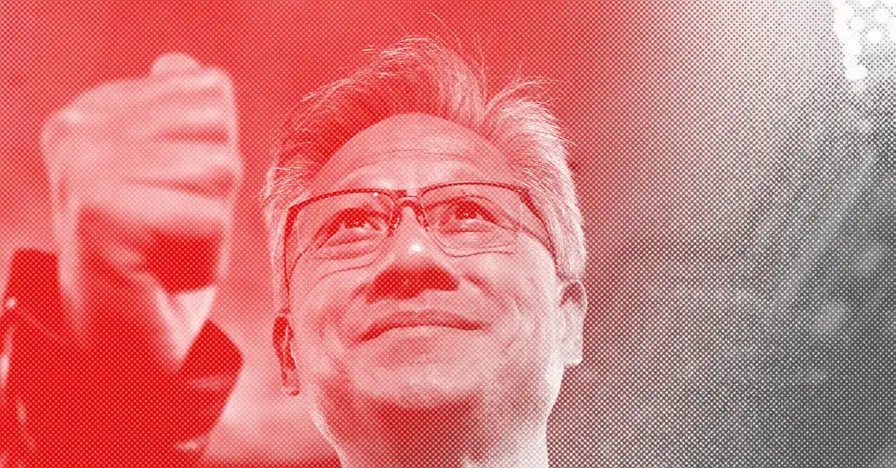
A sudden policy shift links Nvidia to a China deal, drawing focus on national security, lobbying, and the future of AI chips.
Trump reverses Nvidia H20 export ban with China deal
President Trump announced a reversal of the prior ban on Nvidia selling its H20 chips to China, in exchange for a 15 percent revenue share. The move marks a clear break with an earlier policy and follows a meeting with Nvidia chief executive Jensen Huang. Officials described the change as a practical adjustment rather than a shift in strategic aims.
Key Takeaways
"The H20 is obsolete. You know, it is one of those things, but it still has a market."
Trump comments on the relevance of H20 chips.
"So we negotiated a little deal."
Trump describes the Nvidia arrangement.
"Clearly AI was in the mix"
Graham Webster on policy motives behind export controls.
"The official legal justification for the controls was never the whole story."
Graham Webster on what drove policy choices.
Longer term, the episode exposes how security policy intertwines with economic interests in a high stakes tech race. It shows how industry influence can shape decisions that touch on national sovereignty and global competition. The policy network surrounding AI chips now reads like a revolving door, with former officials moving into think tanks or private firms that still shape the debate. The WIRED piece on the backstory highlights how AI fusion with national power became a central logic of export controls, not just a military concern.
Highlights
- Policy shifts ride the wave of lobbying money
- National security wears a new face in the chip race
- A deal shifts risk and reward in silicon policy
- The tech policy maze bends to influence
Political and security risk around export policy reversal
The reversal raises questions about influence, national security, and the reliability of export controls. It could trigger political backlash at home, affect investor confidence, and complicate relations with allies concerned about AI tech leadership.
Policy will continue to shift as the AI race reshapes power and supply chains.
Enjoyed this? Let your friends know!
Related News
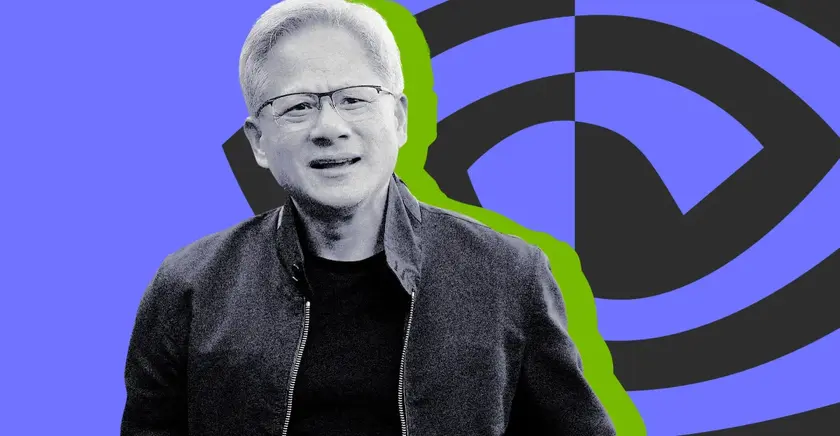
Tariffs and Trump merch push tighten grip on tech market
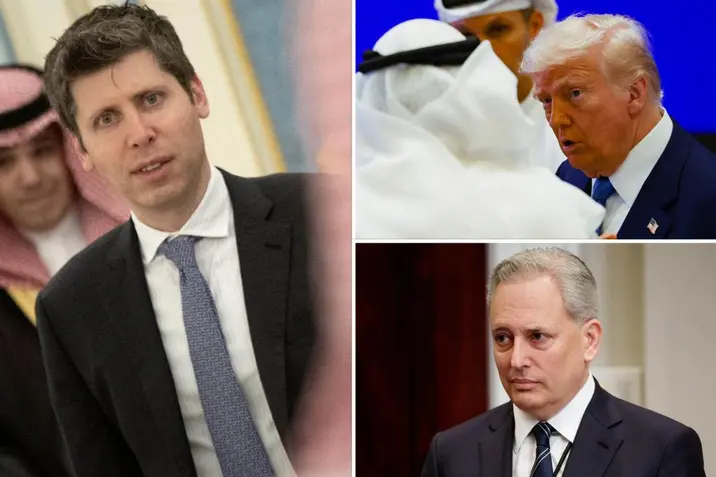
Sam Altman defends Trump’s AI chip deals
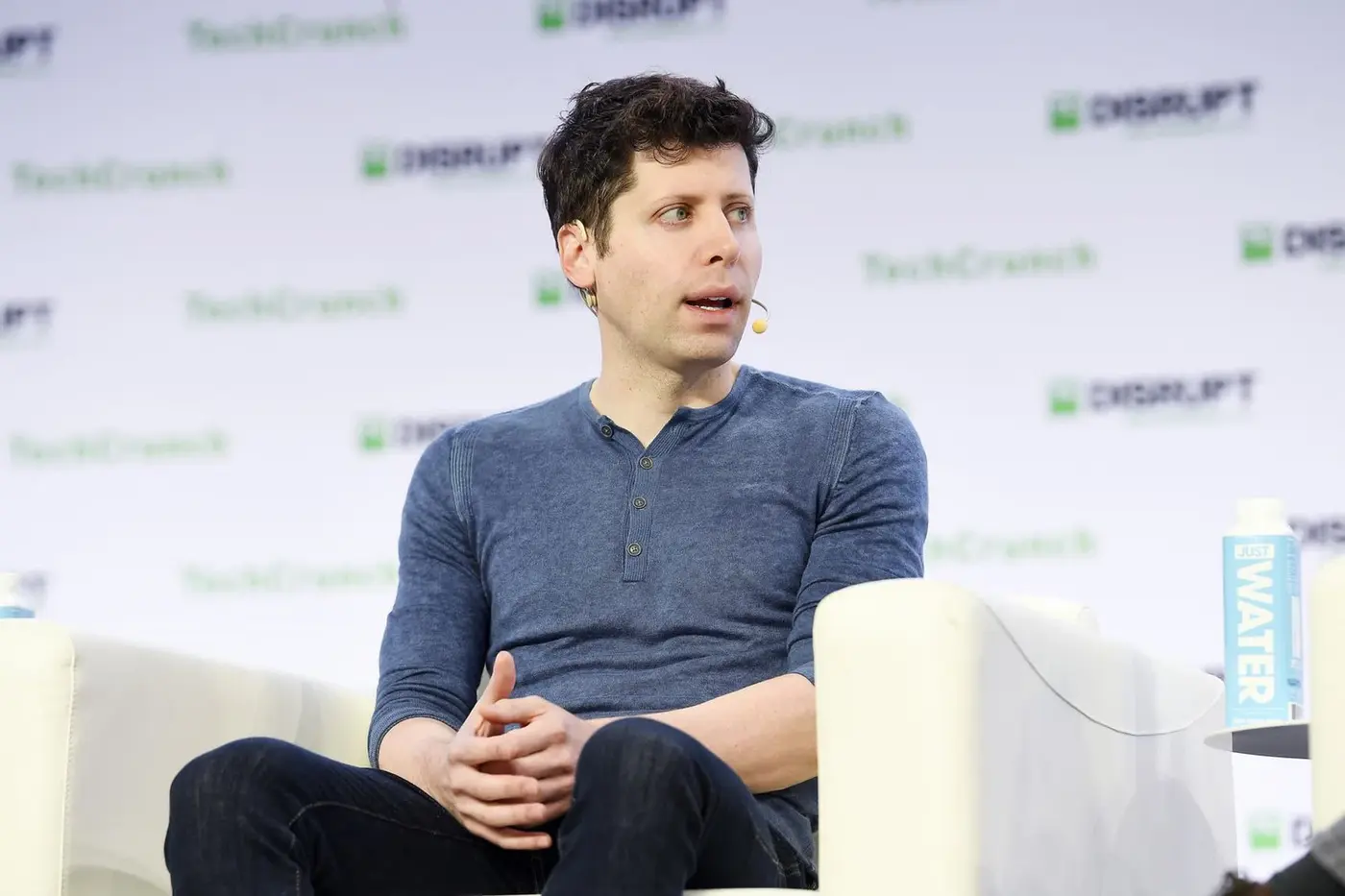
Trump announces AI chip agreements with Gulf nations
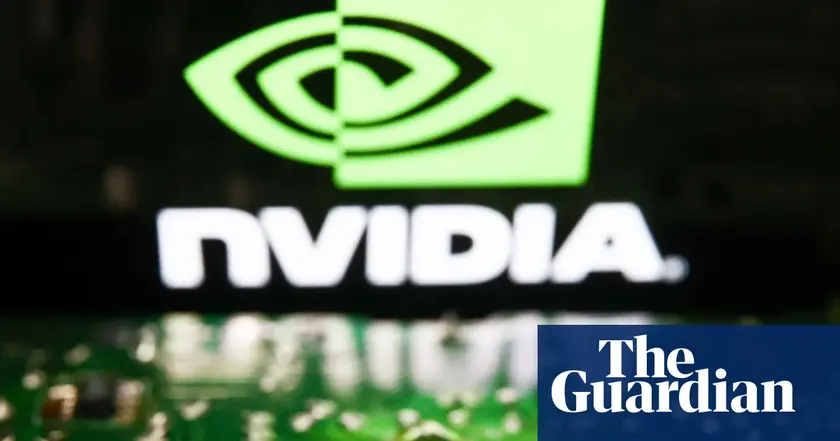
Nvidia and AMD face new export rules
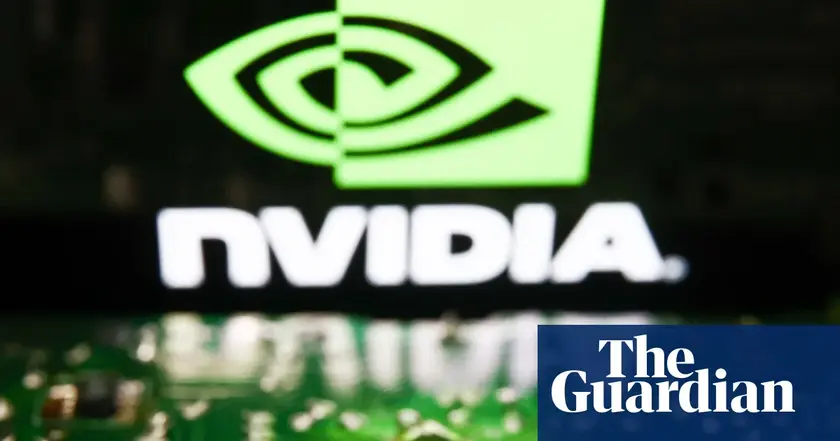
Tariff era reshapes chip deals and AI plans

Trump vows to free Lai as Hong Kong court weighs his fate
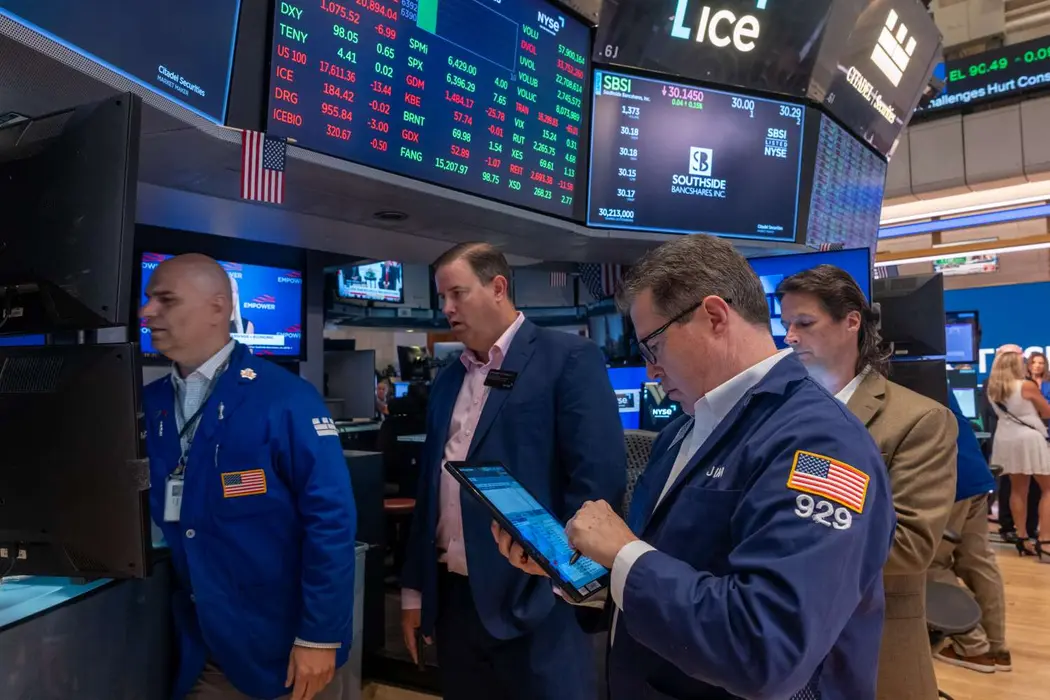
Stock Markets Climb as Earnings Reports Approach
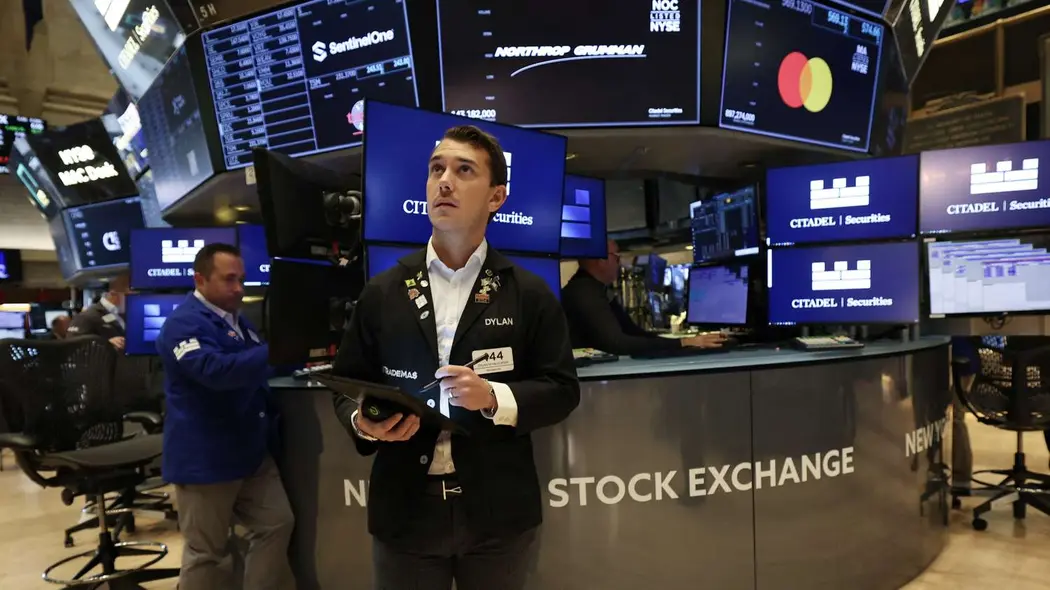
Stocks Fall as Tariff News Shakes Market
